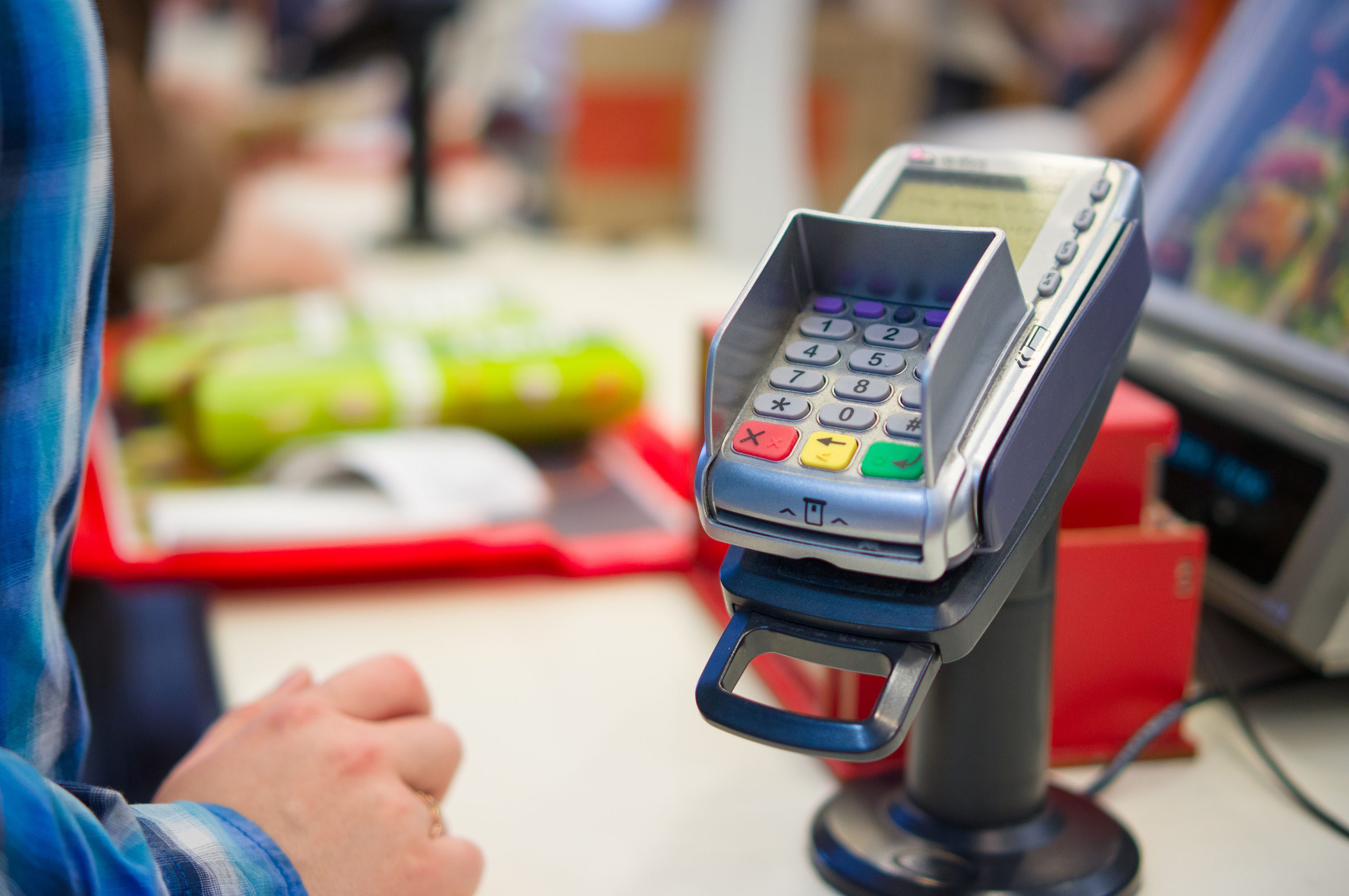Mt.Gox, one of the largest global Bitcoin exchanges, recently opened its first United States-based exchange and partnered with Silicon Valley Bank. And now, less than a month later, the U.S. Treasury’s FinCEN network issued its guidance on virtual currencies.
FinCEN’s guidance declines to define virtual currencies as legal tender and thus, has no regulatory authority over any schemes, including Bitcoin, Facebook Credits, or others.
In addition, a virtual currency user is not considered a Money Service Business (MSB). But an administrator of such currencies, or exchange, is considered to an MSB if it exchanges more than two countries’ currencies. If the organization meets that criteria, then Bank Secrecy Act rules go into affect. Put this way, the release states:
At this stage, this clarification does not have any initial impact on the Bitcoin ecosystem. FinCEN clarifies that the response is “not in the form of an administrative ruling” but it does remind ‘administrators’ and ‘exchangers’ — such as YC-backed Coinbase — that they fall under US law, if they are based in the US.
Mercator Advisory Group interprets this as the first salvo across the bow of the increasingly organized virtual currency market and an attempt to remind participants of the purview of U.S. laws regarding financial crimes. The guidelines, however, begin to lay out some of the issues the market will face should virtual currencies gain a toehold in the payments market. Perhaps the largest question will be what exactly is currency? Still no answers, only questions.
Click here to read more from The Next Web.









